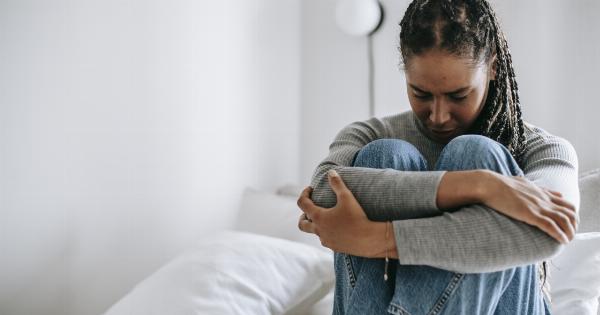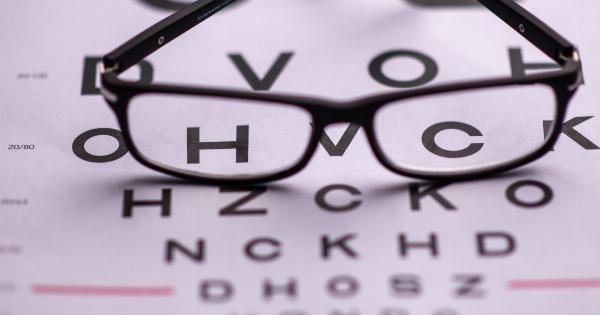When it comes to weight loss, we often think of diet and exercise as the two most important factors.
While these certainly play a role, there’s another factor that you may not have considered: sleep! Getting enough quality sleep each night can be just as important as diet and exercise when it comes to shedding pounds. In fact, studies have shown that people who get less than 7 hours of sleep per night are more likely to be overweight or obese.
How Does Sleep Affect Weight Loss?
So, what’s the connection between sleep and weight loss? There are a few different ways that sleep can impact your body’s ability to shed pounds:.
1. It Affects Your Metabolism
When you don’t get enough sleep, your body’s metabolism slows down. This means that you burn fewer calories throughout the day, even if you’re eating the same amount of food as you would if you were well-rested.
In addition, sleep deprivation can cause your body to produce more ghrelin, a hormone that stimulates appetite, and less leptin, a hormone that suppresses appetite.
2. It Affects Your Energy Levels
When you’re tired, you’re less likely to have the energy to exercise or prepare healthy meals. You may also be more likely to reach for high-calorie, high-sugar snacks to give you a quick energy boost.
This can make it harder to stick to your weight loss goals.
3. It Affects Your Mood
Lack of sleep can lead to irritability, mood swings, and even depression. This can make it harder to stay motivated to exercise and make healthy food choices.
How Much Sleep Do You Really Need?
So, how much sleep do you need in order to support your weight loss goals? The answer can vary depending on factors like age, activity level, and health status. However, there are some general guidelines you can follow:.
Adults (18-64 years)
Most adults need between 7-9 hours of sleep per night to function at their best. However, some people may need as little as 6 hours or as much as 10 hours per night.
Older Adults (65+ years)
Older adults may need slightly less sleep, usually around 7-8 hours per night.
Children and Teens
Children and teenagers need more sleep than adults, with infants needing up to 14-17 hours per day and teenagers needing around 8-10 hours per night.
Tips for Improving Your Sleep
If you’re having trouble getting enough quality sleep each night, there are a few things you can do to improve your sleep habits:.
1. Stick to a Regular Sleep Schedule
Try going to bed and waking up at the same time each day, even on weekends. This can help regulate your body’s internal clock and improve the quality of your sleep.
2. Create a Relaxing Bedtime Routine
Before bed, try to unwind with a relaxing activity like reading or taking a warm bath. Avoid screens (like your phone or TV) for at least an hour before bed, as the blue light can interfere with your sleep.
3. Create a Comfortable Sleep Environment
Make sure your bedroom is cool, dark, and quiet. Invest in a comfortable mattress and pillows, and consider using blackout curtains or a white noise machine if you’re sensitive to noise or light.
4. Limit Caffeine and Alcohol
Both caffeine and alcohol can interfere with your sleep quality, so try to avoid them in the hours leading up to bedtime. If you’re having trouble falling asleep, try a cup of herbal tea or warm milk instead.
5. Exercise Regularly
Regular exercise can help improve your sleep quality, but make sure to finish your workout at least a few hours before bed. Exercise can raise your core body temperature and make it harder to fall asleep.
The Bottom Line
If you’re trying to slim down, getting enough quality sleep each night is crucial. While the exact amount of sleep you need will depend on your individual needs, most adults need between 7-9 hours per night.
By following good sleep habits and prioritizing your rest, you can support your weight loss goals and improve your overall health and well-being.






























